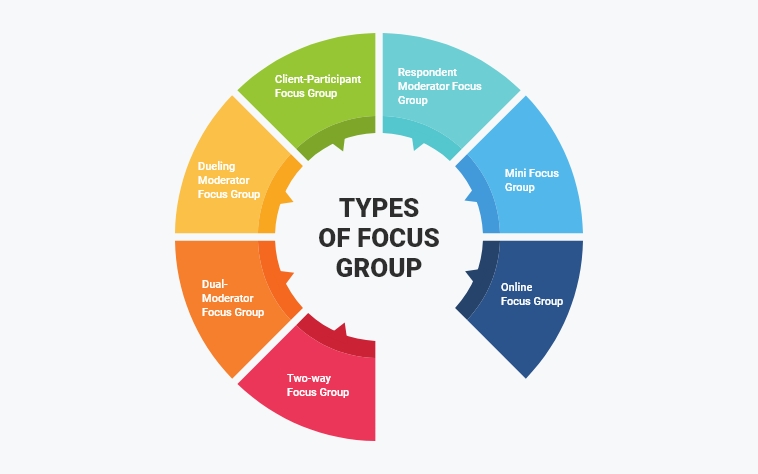Participating in focus groups is a dynamic and engaging way for individuals to share their opinions, perspectives, and experiences on a wide array of topics. These interactive sessions, typically moderated by a skilled facilitator, bring together a diverse group of participants to explore and discuss specific subjects in-depth. The collaborative nature of focus groups fosters a rich exchange of ideas and allows researchers, companies, or organizations to gain valuable insights into consumer behavior, product preferences, and societal trends.
One of the primary advantages of participating in focus groups is the opportunity to have your voice heard. Whether it’s testing a new product prototype, providing feedback on a marketing campaign, or discussing societal issues, focus groups offer a platform where individual opinions matter. Participants often find these sessions empowering, as they contribute directly to shaping decisions and strategies.
The diversity within a focus group is another key aspect. Participants come from various backgrounds, demographics, and experiences, ensuring a broad spectrum of viewpoints. This diversity enhances the depth and breadth of the discussions, providing a more comprehensive understanding of the topic at hand. It also allows researchers to identify patterns, trends, and potential areas for improvement.
Focus groups often provide a space for participants to learn from one another. As ideas are exchanged and perspectives are shared, individuals gain new insights and broaden their understanding of different viewpoints. This collaborative learning environment not only benefits participants personally but also contributes to the overall richness of the data collected during the session.
Moreover, participating in focus groups can be a rewarding experience beyond the intellectual engagement. Many companies offer compensation or incentives for participants, recognizing the value of their time and contribution. This could come in the form of cash, gift cards, or even early access to products. Participants often appreciate these tokens of gratitude, making the experience more enjoyable.
While the benefits are numerous, it’s important to acknowledge that focus groups also come with challenges. Group dynamics, varying levels of participation, and potential biases are factors that moderators must navigate. However, these challenges are carefully managed to ensure that the insights gathered are as objective and accurate as possible.
In conclusion, participating in focus groups is a unique and impactful way to engage with others, share your opinions, and contribute to the decision-making processes of companies and organizations. Whether you’re passionate about consumer products, societal issues, or anything in between, focus groups offer a platform for meaningful dialogue and collaboration. As a participant, you not only shape the outcomes but also gain valuable insights into the perspectives of others, making it a truly enriching experience.

